
Aluminum CNC parts have emerged as a game-changer in the manufacturing industry, revolutionizing the production of precision components with their durability and versatility. The use of Computer Numerical Control (CNC) technology in conjunction with aluminum has opened up new possibilities for creating intricate and high-quality parts across various industries. One of the key advantages of aluminum CNC parts is their exceptional precision. CNC machines are capable of producing parts with incredibly tight tolerances, ensuring that each component meets exact specifications. This level of precision is crucial in industries such as aerospace, automotive, and electronics, where even the smallest deviation can lead to significant performance issues.
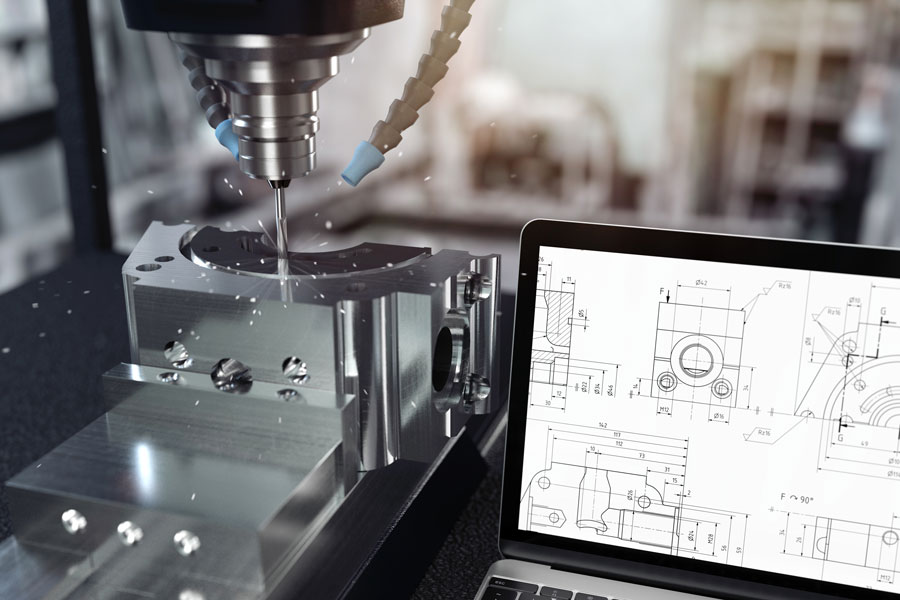
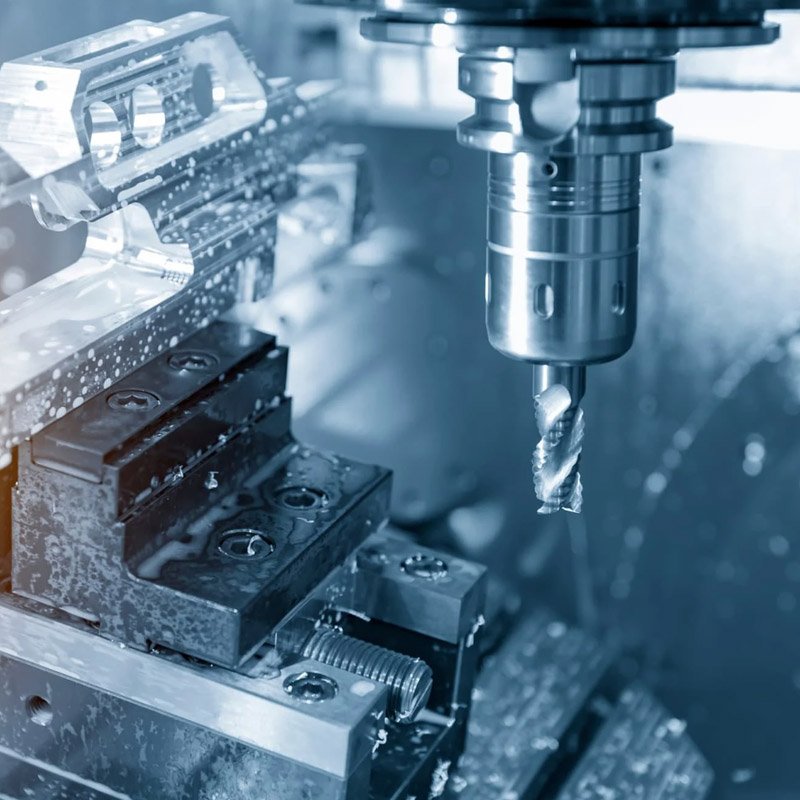
Furthermore, aluminum CNC parts offer exceptional durability and strength. Aluminum is known for its lightweight properties, making it an ideal choice for applications where weight reduction is a priority. Despite its lightness, aluminum is also remarkably strong, providing the necessary structural integrity for a wide range of industrial and commercial uses. The versatility of aluminum CNC parts is another factor driving their widespread adoption. With CNC technology, manufacturers can create complex geometries and intricate designs that would be challenging or impossible to achieve using traditional machining methods. This flexibility allows for the production of customized components tailored to specific requirements, giving businesses a competitive edge in their respective markets.
In the aerospace industry, aluminum CNC parts are used in the production of aircraft components, such as structural elements, engine parts, and interior fittings. The lightweight nature of aluminum helps to reduce the overall weight of the aircraft, leading to improved fuel efficiency and performance. Additionally, the precision of CNC machining ensures that these critical components meet the stringent safety standards required for aviation applications. In the automotive sector, aluminum CNC parts play a vital role in the manufacturing of engine components, transmission parts, and chassis elements. The use of aluminum helps to enhance fuel economy and reduce emissions, contributing to the development of more sustainable and eco-friendly vehicles. The precision of CNC machining also ensures that these parts integrate seamlessly into the overall vehicle design, optimizing performance and reliability.
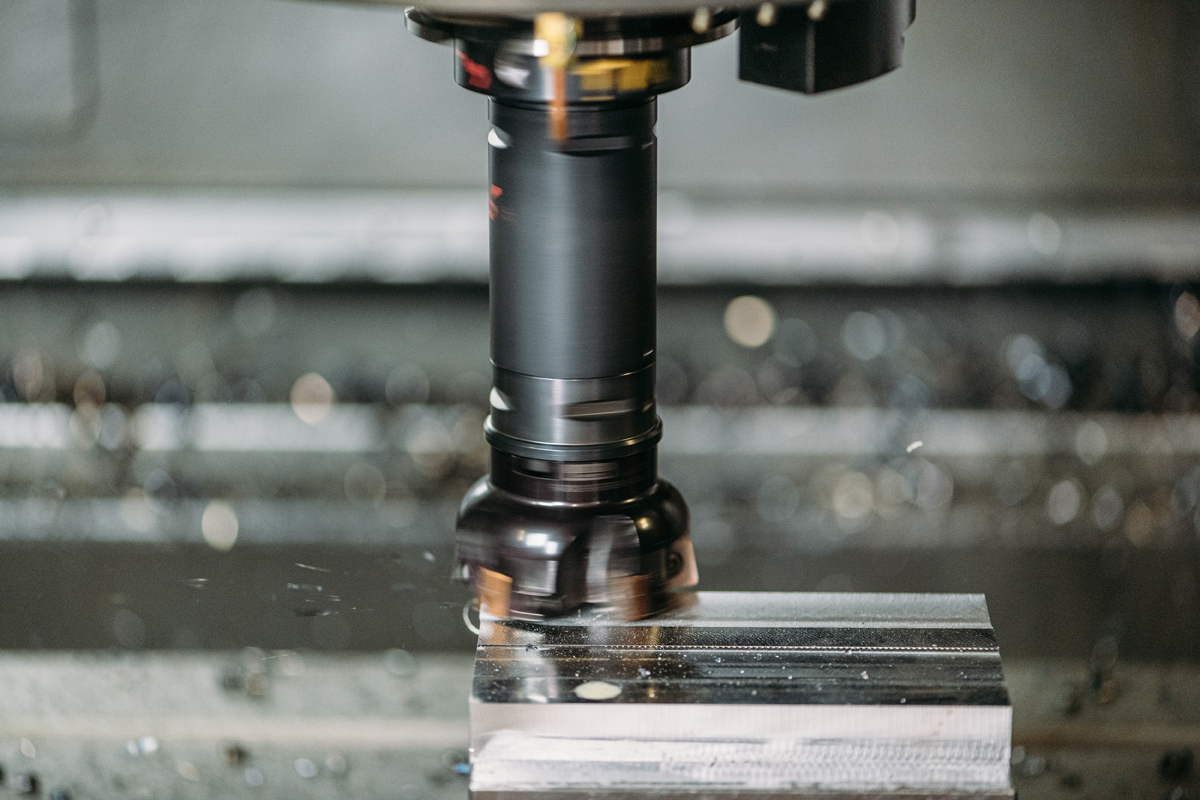
The electronics industry also benefits from the use of aluminum CNC parts, particularly in the production of electronic enclosures, heat sinks, and connectors. The lightweight yet durable nature of aluminum makes it an ideal material for protecting sensitive electronic components while dissipating heat effectively. The precision of CNC machining allows for the creation of intricate designs that accommodate the complex requirements of modern electronic devices. Moreover, the medical and healthcare sectors utilize aluminum CNC parts in the production of medical devices, prosthetics, and equipment components. The biocompatibility of aluminum, combined with the precision of CNC machining, enables the creation of high-quality, custom-made parts that meet the stringent standards of the healthcare industry.
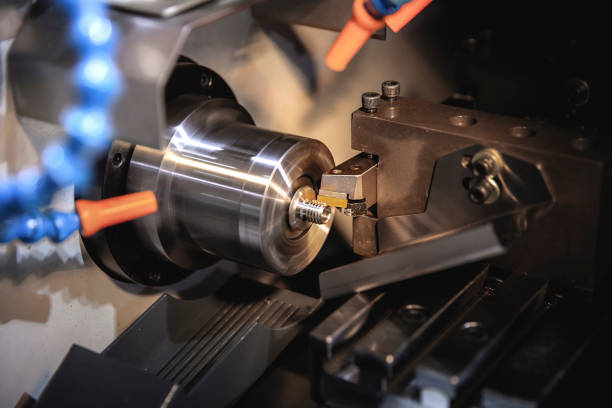
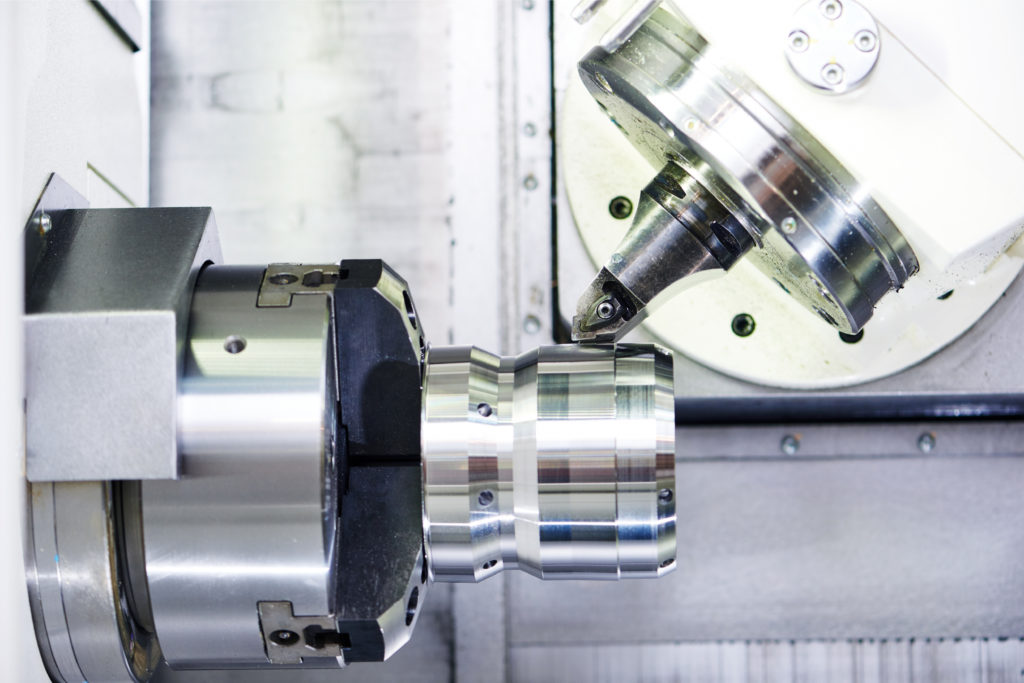
In conclusion, the use of aluminum CNC parts has significantly transformed the manufacturing landscape, offering unparalleled precision, durability, and versatility across a wide range of industries. As CNC technology continues to advance, the potential for creating even more complex and innovative aluminum components is limitless, paving the way for further advancements in manufacturing and engineering.
Post time: Jul-29-2024
